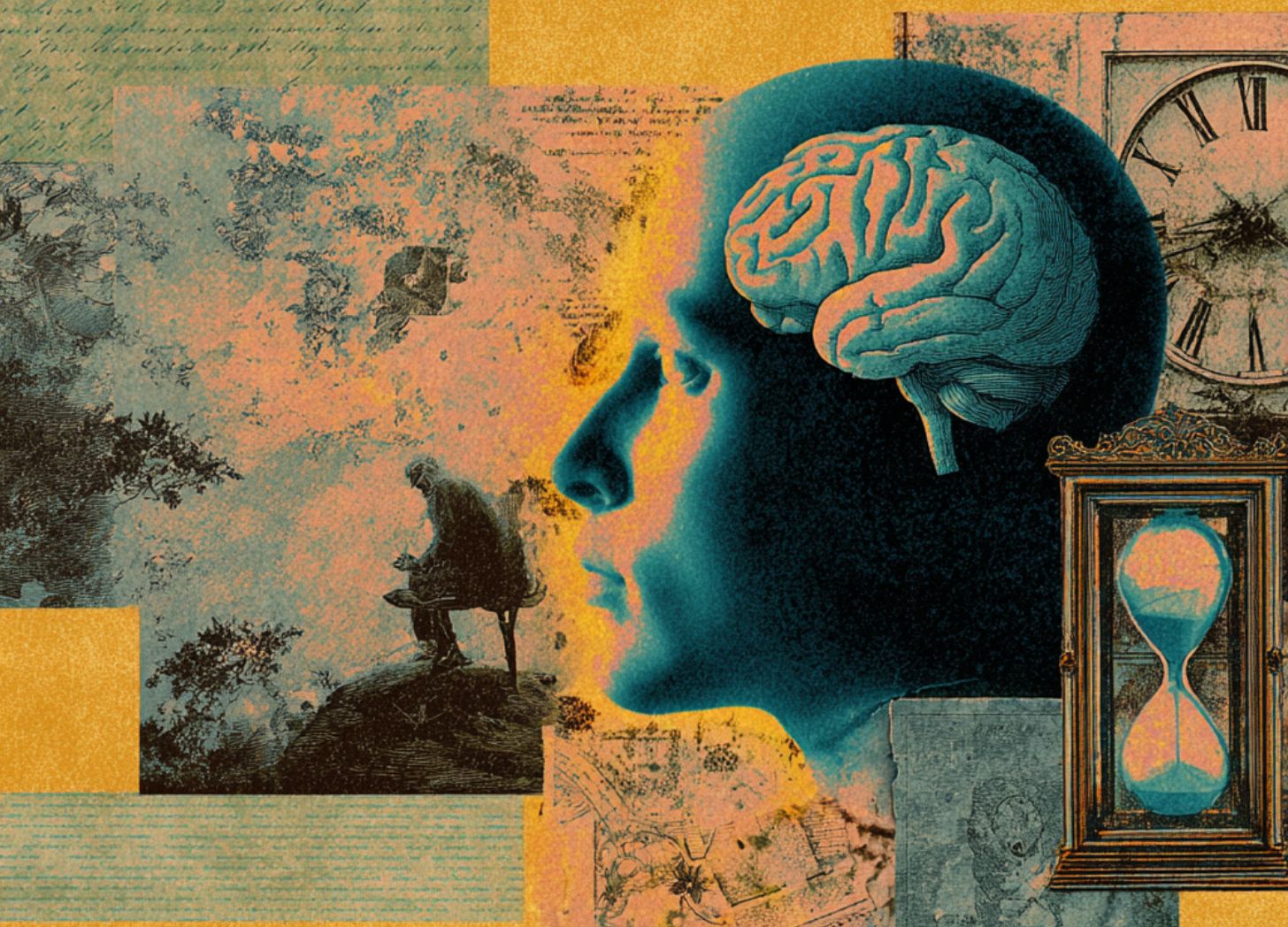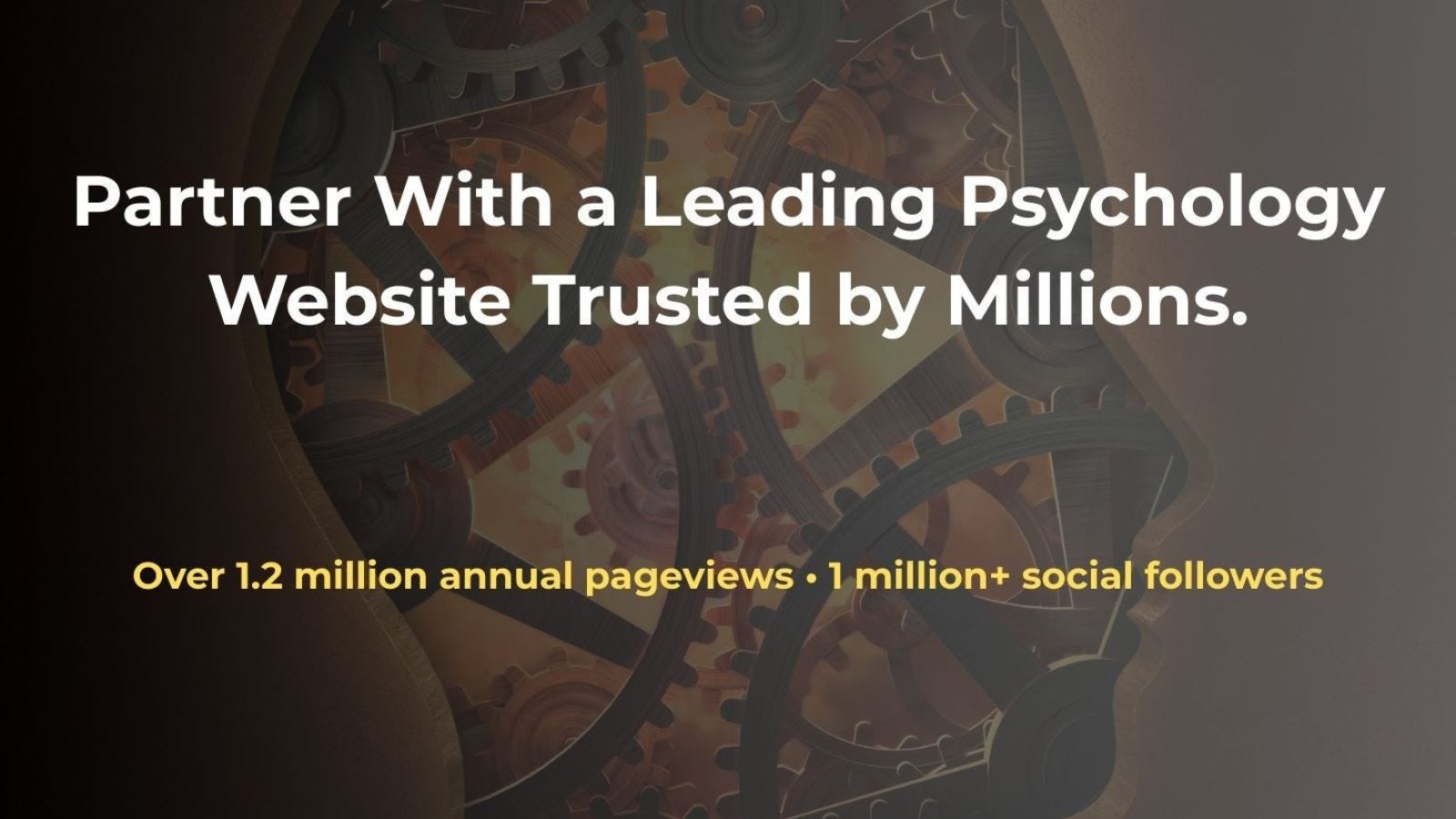Why Everything You Know About Nostalgia Is Wrong

David Webb (Founder and Editor of All-About-Psychology.com)
You hear a song on the radio you haven't heard in years, and suddenly you're a teenager again, driving with the windows down. A familiar scent of baking wafts from a kitchen and you're instantly transported back to your grandmother's house. This is nostalgia, an emotion that feels as simple and warm as a faded photograph. But while the feeling may seem straightforward, recent psychological and neuroscientific research reveals it to be one of the most complex, surprising, and powerful emotions we experience. It's not just a sentimental glance backward; it's a sophisticated psychological tool.
This article will explore five of the most counter-intuitive scientific truths about nostalgia that challenge our common assumptions and reveal what's really happening in our brains when we long for the "good old days."
1. It’s Often Triggered by Unhappiness, Not Just Happy Memories
The common belief is that nostalgia is a spontaneous, warm feeling that bubbles up when we happily reminisce. We assume it's the product of a good mood, a pleasant memory surfacing on a pleasant day.
However, scientific studies consistently show the opposite is often true: nostalgia is frequently triggered by negative states. Researchers have identified specific triggers that include feelings of loneliness, sadness, meaninglessness, boredom, and disillusionment. When our present feels lacking, our mind reaches for the past.
This happens because nostalgia functions like an emotional immune system, deploying positive memories to fight off feelings of loneliness or sadness. When we feel down, disconnected, or uncertain, our brain retrieves these meaningful memories to restore feelings of social connection, self-worth, and stability. Crucially, the brain doesn't just retrieve any happy memory; it often pulls up what researchers call "redemption sequences", narratives where a negative or challenging scene progresses to a positive one. This reminds us not just of good times, but of times when things got better, a powerful coping mechanism. As psychologist Andrew Abeyta explains, the link isn't that nostalgia makes us sad, but that sadness makes us nostalgic.
This understanding of nostalgia as a psychological rescue tool, triggered by present-day struggles, directly challenges the next common myth: that it's an unhealthy fixation on the past.
2. It’s Not About Being Stuck in the Past, It’s a Tool for the Future
For centuries, nostalgia was viewed with suspicion, often criticized as a form of melancholy or an inability to adjust to the present. The popular image of a nostalgic person is someone hopelessly "stuck in the past," unable to move forward.
Yet, one of the most startling scientific findings is that nostalgia is fundamentally a future-oriented experience. Rather than trapping us in what was, it equips us for what's to come. Research shows that engaging in nostalgic reflection actively prepares us for the future.
Synthesizing evidence from multiple studies reveals a clear pattern of forward-looking benefits. Nostalgia has been shown to:
• Increase optimism and inspiration.
• Boost social efficacy, making us feel more capable and willing to connect with others.
• Increase motivation to pursue our most important life goals.
• Promote tangible future-oriented behaviors, such as intentions to exercise and charitable giving.
Instead of being a retreat from the present, nostalgia is a way of accessing our most meaningful memories to approach the future with a renewed sense of purpose, connection, and motivation. If nostalgia is a forward-looking tool built on our most meaningful memories, it raises an even stranger question: what if those memories aren't even real?
3. You Don’t Need Real Memories to Feel It
Is it possible to feel a sentimental longing for a time you've never known? To be nostalgic for the 1920s, despite being born decades later? The answer, surprisingly, is yes.
This phenomenon has a name: anemoia, or "nostalgia for a time you've never known." The underlying theory is that the cognitive component of nostalgia isn't strictly an autobiographical memory but a form of mental simulation. Our brain's "default network"—specifically, a set of key regions including the medial prefrontal cortex (mPFC), posterior cingulate cortex (PCC), and hippocampus, is a master at constructing scenarios. This is the same system responsible for remembering our past, envisioning our future, and daydreaming.
This network can piece together stories, images, music, and cultural information to build an idealized, imagined past that feels just as potent as a real memory. This explains why nationalistic political movements can be so effective. Slogans promising to return a nation to a glorified past resonate deeply even with younger supporters who never experienced that era. The propaganda provides the raw materials (the images and narratives) for their brains to conjure up these powerful and motivating nostalgic simulations.
This power to simulate an idealized past not only makes nostalgia a potent political tool but also reveals its surprising ability to reshape how we think about the things we do remember.
4. It Strengthens Your Opinions and Erases Internal Conflict
We tend to think that our favorite old song is simply a "good song" or that a beloved movie from our youth is objectively a classic. But research reveals a more complex reality: nostalgia actively changes our cognition, creating stronger attitudes toward things from our past. As the title of one study puts it, we can be "Blinded by wistfulness."
Research by psychologists LaCount J. Togans and Allen R. McConnell has identified three key effects nostalgia has on our attitudes:
• Nostalgic things are viewed more positively. The emotion casts a rose-colored tint on our evaluations.
• We appraise them with greater attitudinal importance. That old TV show isn't just entertaining; it feels significant and central to who we are.
• We exhibit less objective ambivalence. This means we feel less internal conflict about our opinions. For example, you might objectively know that your favorite childhood movie had cheesy special effects and a predictable plot, but nostalgia filters out those critiques, leaving only the pure, positive feeling it gave you.
This is a powerful effect. Nostalgia doesn't just make us feel good; it changes how we think by making our judgments about the past more durable, impactful, and resistant to change; the very definition of a stronger attitude. But while this emotional and cognitive shield is overwhelmingly beneficial, for a small subset of people, this same powerful mechanism can misfire, turning a bittersweet feeling into something genuinely sour.
5. For Some, This Bittersweet Feeling Can Turn Sour
While nostalgia is an overwhelmingly beneficial resource for most people, it is not a universal remedy. For a specific group of individuals, this normally comforting emotion can backfire and curdle into something distressing.
The surprising finding is that for habitual worriers, nostalgia can have adverse effects. One study found that after a nostalgia induction, these individuals reported enhanced symptoms of anxiety and depression compared to a control group.
The proposed psychological mechanism behind this is the stark contrast between a remembered, carefree past and a chronically anxious present. For someone who worries constantly, looking back on a time of peace and happiness can highlight how anxious and unfulfilling the present feels. This discrepancy can trigger further rumination and distress, turning a bittersweet memory sour and deepening the negative feelings it was meant to soothe.
Your Past is Talking. Are You Listening?
Far from being a passive, sentimental daydream, nostalgia is an active, complex, and deeply functional psychological tool. It is triggered by our present struggles to draw strength from our past, not to escape into it, but to build a better future. It reframes our attitudes, simulates worlds we've never known, and provides a powerful buffer against loneliness and meaninglessness.
So the next time a nostalgic memory washes over you, don’t just enjoy the ride, ask what that message from your past is trying to tell you about your present, and how it might be helping you build your future.
🚀 Want to get your brand, book, course, newsletter, podcast or website in front of a highly engaged psychology audience? I can help!
All-About-Psychology.com now offers advertising, sponsorship and content marketing opportunities across one of the web’s most trusted psychology platforms - visited over 1.2 million times a year and followed by over 1 million social media followers.
Whether you're a blogger, author, educator, startup, or organization in the psychology, mental health, or self-help space - this is your chance to leverage the massive reach of the All About Psychology website and social media channels.
🎯 Exclusive placement
🔗 High-authority backlink
👀 A loyal niche audience
Learn more and explore advertising and sponsorship options here: 👉 www.all-about-psychology.com/psychology-advertising.html

Know someone who would be interested in reading
Why Everything You Know About Nostalgia Is Wrong.
Share This Page With Them.
Go From "
Why Everything You Know About Nostalgia Is Wrong" Back To The Home Page
